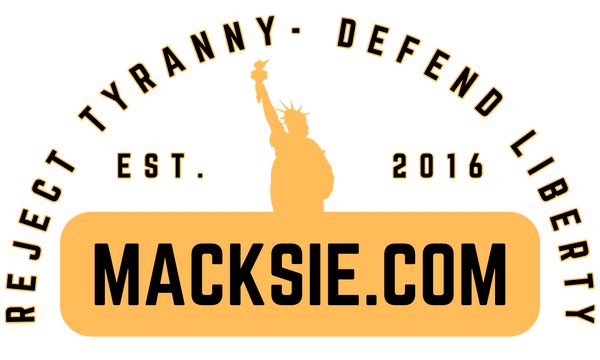Social media companies have come under fire recently for their handling of user-generated content. Many argue that these companies are not following Section 230 of the Communications Decency Act, which provides legal protection for online platforms from liability for user-generated content. The debate centers around whether these companies are acting as mere platforms or publishers, and whether they should be held accountable for the content they host.
The controversy surrounding social media companies is not new. In recent years, there have been several instances where social media platforms have been accused of censorship or bias against certain groups. For example, in 2018, Facebook was criticized for banning conservative commentators Diamond and Silk, while allowing left-leaning content to remain on the site. This led to a larger debate about the role of social media companies in moderating content and whether they were overstepping their bounds as private companies.
Section 230 of the Communications Decency Act was created in 1996 as a way to encourage the growth of the internet and protect online platforms from liability for user-generated content. The law states that "no provider or user of an interactive computer service shall be treated as the publisher or speaker of any information provided by another information content provider." In other words, if a user posts something defamatory or illegal on a social media platform, the platform itself cannot be held liable for that content.
However, some argue that social media companies have moved beyond the role of mere platforms and are now acting as publishers. Publishers are responsible for the content they produce and distribute, while platforms simply provide a space for users to share content. Social media companies have been accused of editorializing content, promoting certain viewpoints, and suppressing others. This has led many to question whether these companies should continue to be protected under Section 230.
In recent years, there have been several high-profile cases where social media companies have been accused of censorship or bias. In 2020, Twitter and Facebook were criticized for limiting the spread of a New York Post article about Hunter Biden's business dealings. The article was eventually proven to be true, but the initial suppression of the story led to accusations of bias against conservatives.
Similarly, in 2021, Twitter permanently banned former President Donald Trump from the platform, citing his incitement of violence in the January 6th Capitol riots. While many applauded the move, others argued that it was a violation of free speech and an example of social media companies acting as publishers.
So, what is the solution to this ongoing debate? Some have argued that social media companies should be held to the same standards as traditional publishers, meaning they would be responsible for the content they host. Others have suggested creating a new category of online platform that would fall somewhere between a platform and a publisher.
Whatever the solution, it is clear that the role of social media companies in moderating content will continue to be a hotly debated topic. As more and more people turn to social media for news and information, it is important that these companies take their responsibilities seriously and act in the best interests of their users.









